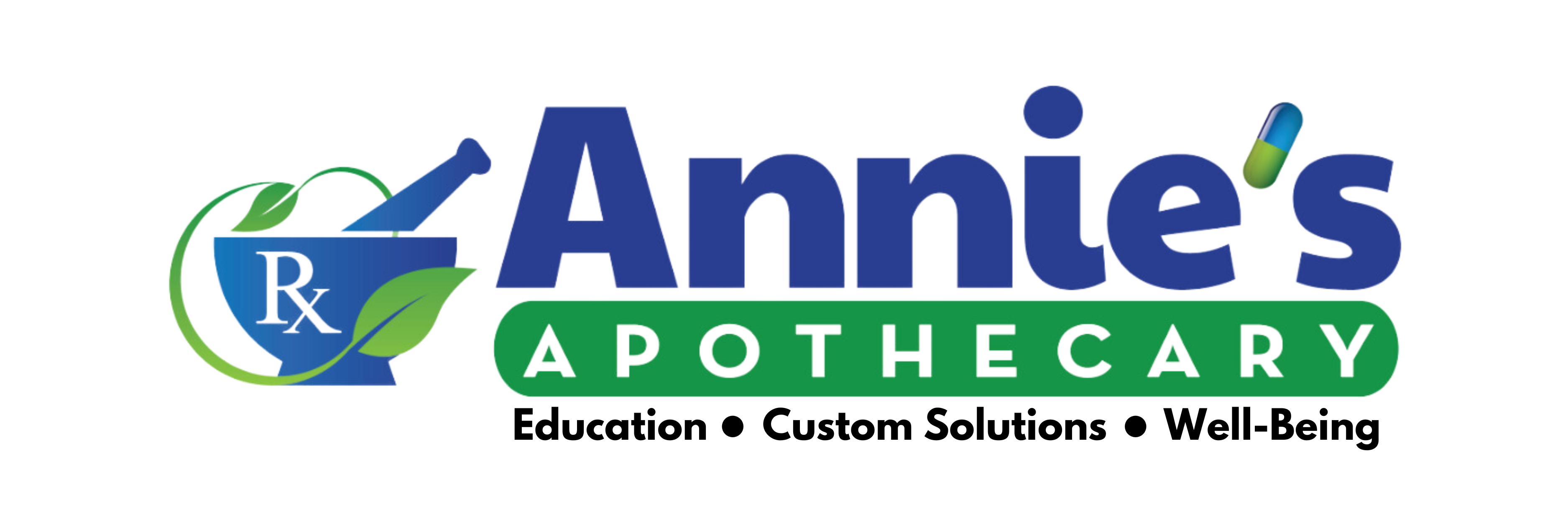Progesterone plays a big role in menstruation and pregnancy. But you may not know that it also helps balance estrogen and supports bone health, mood and sleep. Symptoms of progesterone deficiency may include heavy periods, migraines before your period, trouble sleeping, weight gain, low sex drive, and mood swings. Low progesterone may be caused by antidepressant medications, low thyroid hormone, stress, and high sugar consumption. Symptoms of too much progesterone may include a leaky bladder, back or leg pain, bloating, increased appetite, and it may even predispose you to diabetes. Excess progesterone only occurs when you are taking too much progesterone or pregnenolone. That’s why it is so important to monitor your hormones so that adjustments can be made to your medication therapy to optimize your health and wellness.

